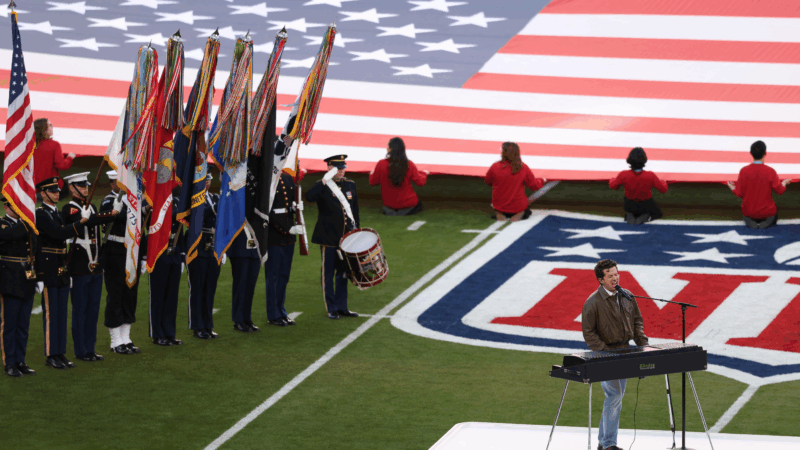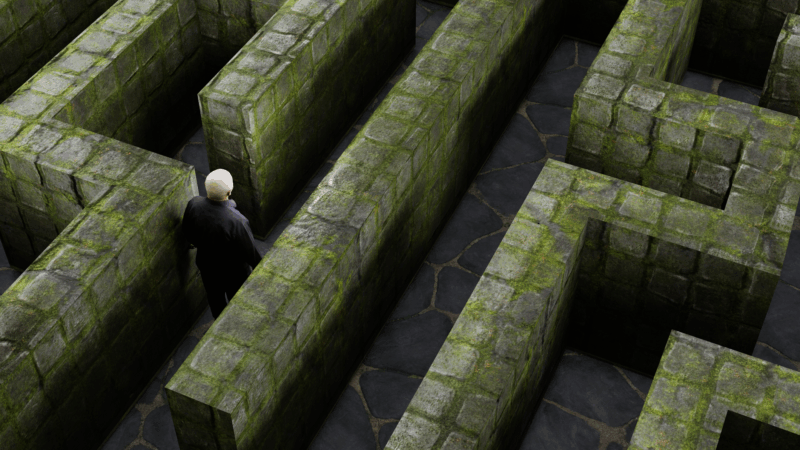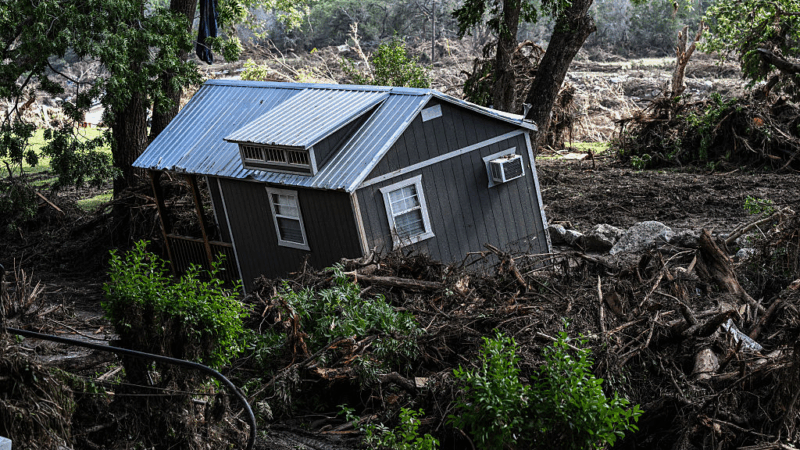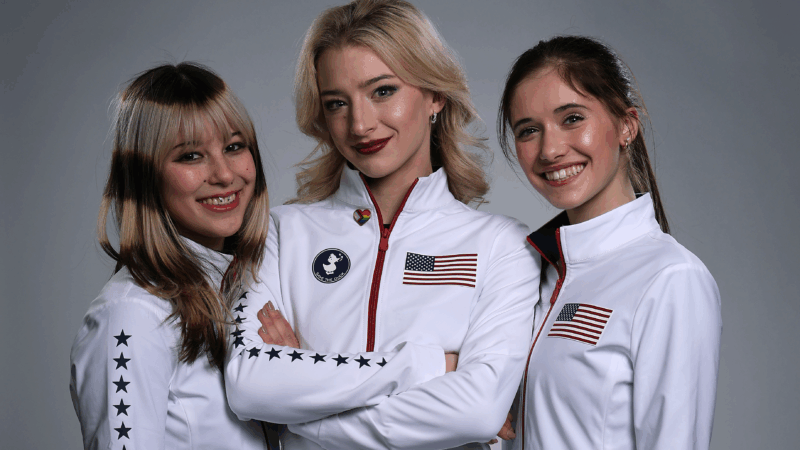Hospitalized For Months: One Man’s Fight Against COVID-19
Since March, more than 22,000 Alabamians have been hospitalized with COVID-19, some requiring months of inpatient care.
Victor Perea, 38, has been fighting the virus for almost three months at UAB Hospital. His wife, Magaly Cordova, said the diagnosis came as a shock. Before this illness, she said Perea didn’t have any pre-existing conditions.
“He was healthy,” Cordova said. “He was a gym guy, you know, eating healthy, go to the gym every day. And really careful about this virus.”
Perea, who lives in Homewood, had recently gotten a new job installing IT systems. He found out he had COVID-19 in early September, after a co-worker tested positive for the virus.

‘He Got Worse And Worse’
Cordova said initially, Perea didn’t have any symptoms.
“The second day, he started with a little bit of coughing and fever,” she said. “But just a little.”
A few days later, Perea developed shortness of breath, started having bad headaches and lost his sense of taste and smell.
They went to an urgent care clinic, but he didn’t improve. A few days later, Perea went to UAB Hospital. Unable to accompany him as a visitor, Cordova waited for an update.
“He called me and he said, ‘Hey I’m going to stay two days.’” she said. “And I was like ‘OK yeah, yeah two days … Great, so you’re going to be better, you know. You’re in the hospital now. They’re going to put you oxygen and all the stuff.’”
Perea stayed much longer than two days. About a week after he was admitted, he was placed on a ventilator and after about a month, one of his lungs collapsed.
Ups And Downs
Cordova said some days it seemed like Perea was getting better and then everything would change.
“They called me one night and they said, ‘Yeah, you know, maybe he’s not going to get through the night. So you can come and say goodbye. He’s really bad right now.’ So I was like, losing my mind,” she said.
Perea was sedated, but Cordova went to see him. She wanted to talk to him.
“I was like, ‘No. I’m going, but I’m going not to say goodbye. I’m going to tell him that he needs to be strong,’” she said.
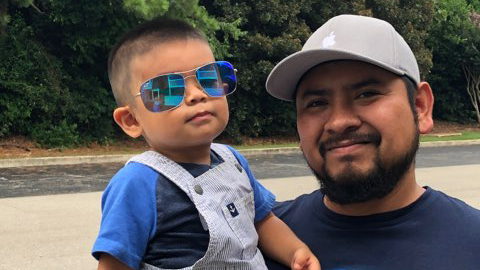
Victor made it through the night. In the coming days he started to get better.
He is now in UAB’s Pulmonary Intensive Care Unit. He has a tracheostomy to help him breathe and he’s lost a lot of strength. But Cordova is finally seeing real improvement.
“I went to see him and for the first time in two months, three weeks, he say, ‘Hi baby.’ And I was just screaming and crying,” Cordova said.
‘This Virus Is Real’
It’s been nearly three months since Perea was first admitted to the hospital. Cordova doesn’t know how much longer he will be there, but it will likely take a long time for him to recover.
She wants others to understand how bad it can get.
“Some people say like, ‘Oh no it’s not real or it’s just like a flu.’ But it’s not,” Cordova said. “This virus is real. It’s real and it’s killing people.”
It has also been difficult financially for Cordova and Perea, who have two kids. Cordova has continued her job cleaning houses, but Perea has not been able to work for months and he doesn’t have health insurance. While they have not received any medical bills yet, Cordova expects the hospital stay to cost thousands of dollars.
A friend has started a GoFundMe page to help the family.
Minnesota Republicans defend their focus on fraud despite the ICE surge that followed
Minnesota Republicans say they were right to invite social media influencers into the state to highlight social service fraud, though Democrats blame Republicans for paving the way for the ICE surge.
TV antennas and Super Bowl rehearsals: How prediction market traders seek an edge
As prediction markets boom, competition is heating up. So traders go the extra mile for a fraction-of-a-second advantage or to sleuth out information nobody else has. It can lead to a huge payday.
A once-underused immigration enforcement program has exploded under Trump
Partnerships between ICE and local law enforcement agencies has expanded widely, under the second Trump administration, data analyzed by NPR shows.
This behavior can be a turning point for families caring for a dementia patient
Wandering, and "elopement," are frightening and dangerous behaviors by people with dementia. For some families, it is the point when they begin to seek institutional care for their loved one.
3 big changes are proposed for FEMA. This is what experts really think of them
The Trump administration is proposing massive changes to the Federal Emergency Management Agency. We asked disaster experts to weigh in.
U.S. women’s figure skaters could’ve been rivals. Instead, they’re the ‘Blade Angels’
Amber Glenn, Alysa Liu and Isabeau Levito are the U.S.' best shot at winning women's figure skating gold since 2002 — and of closing out these Games on a high note.


